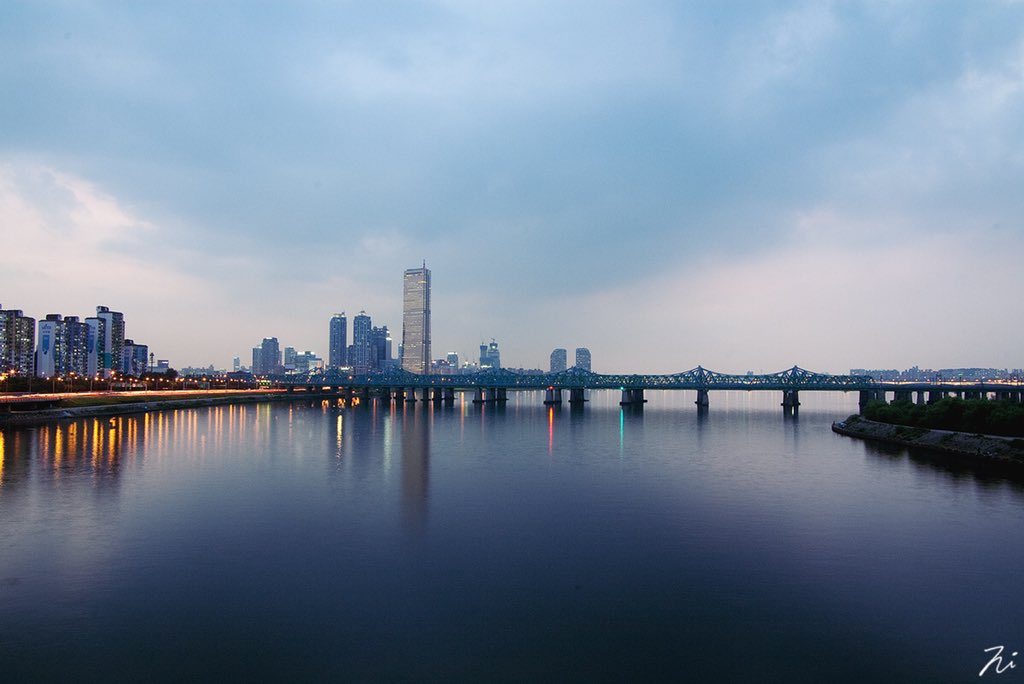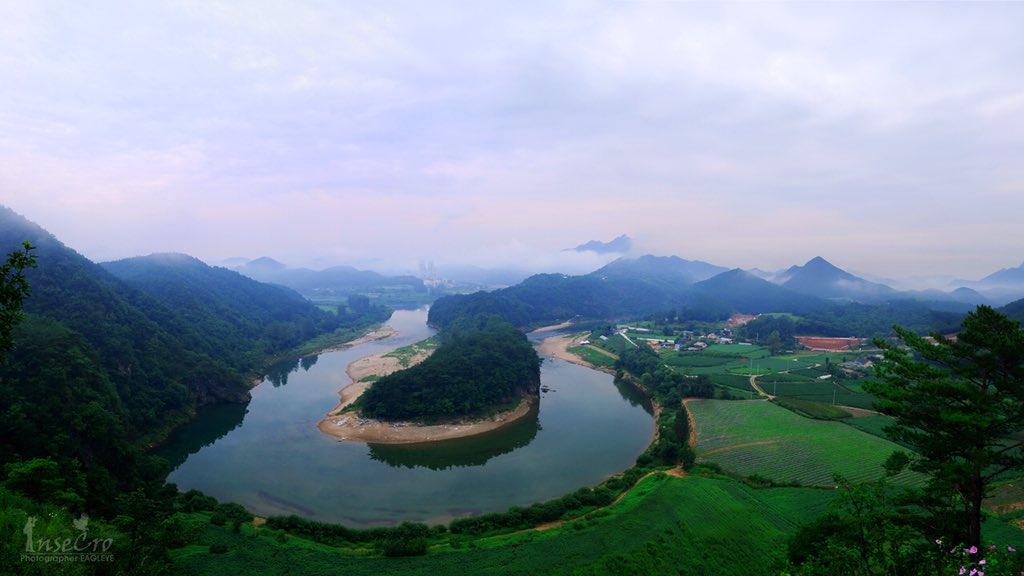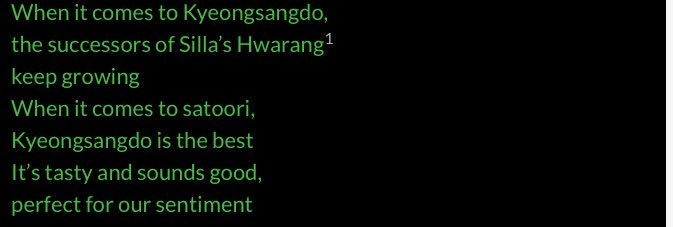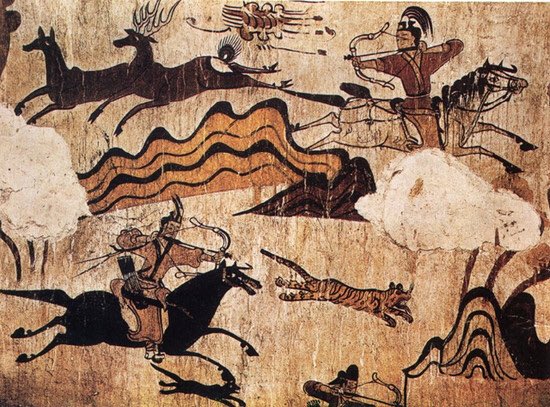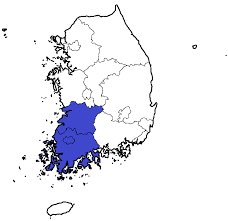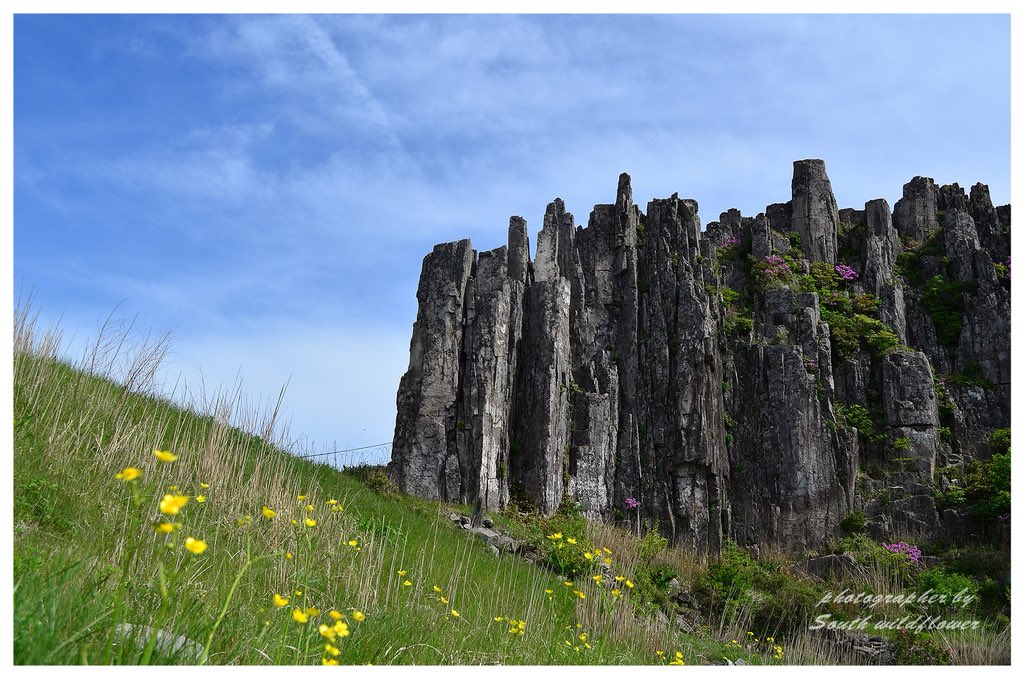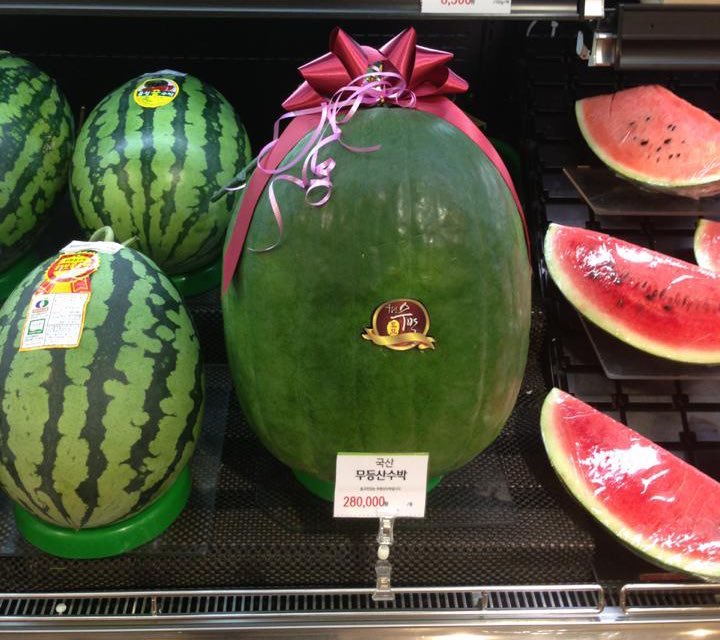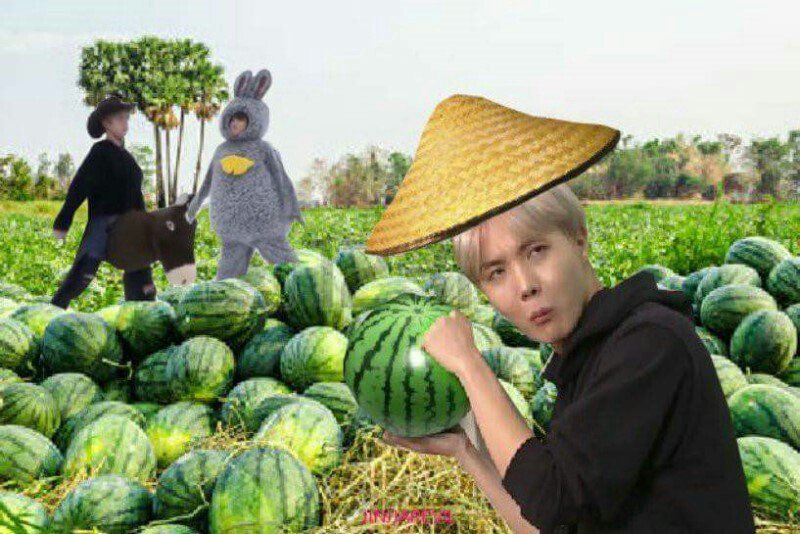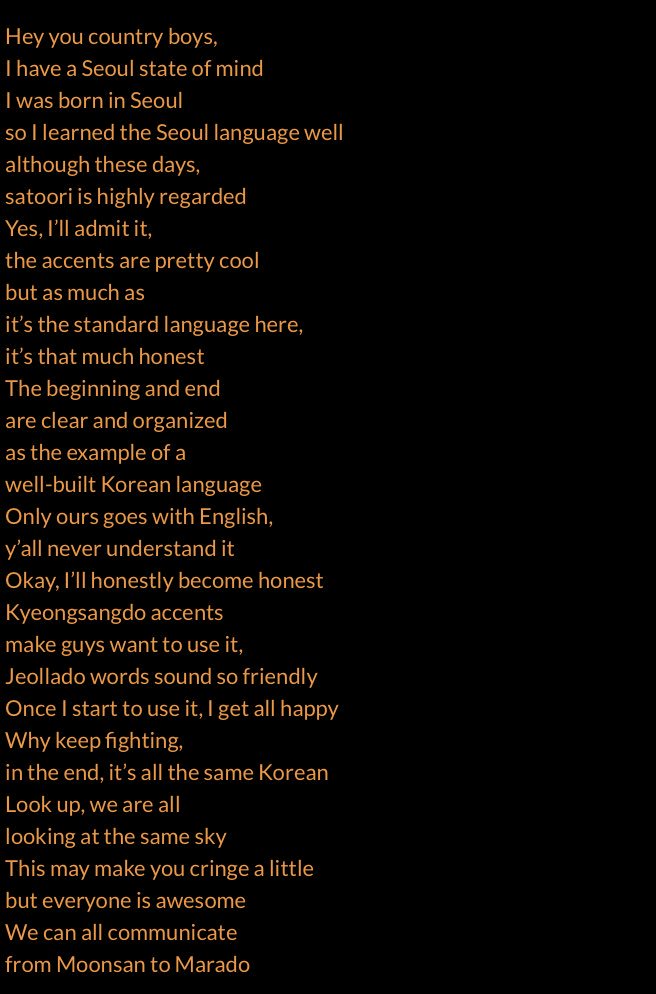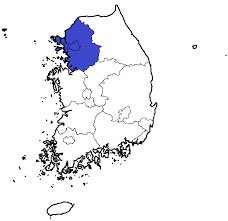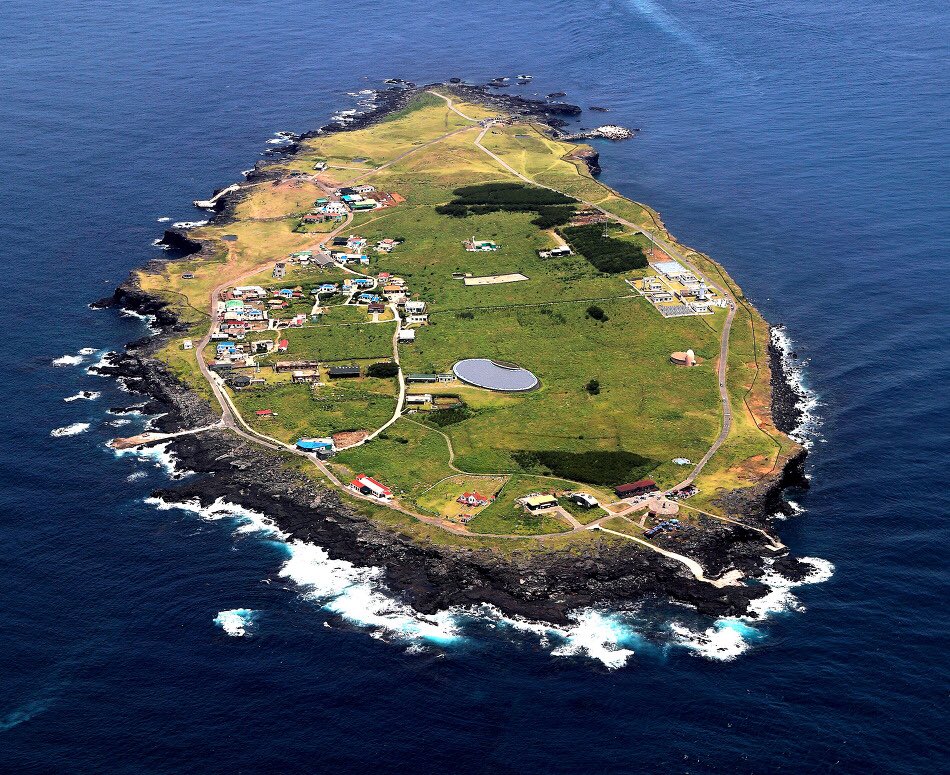THREAD:
After translating that great article, I wanted to make my own thread/annotations about ‘Paldogangsan.’ It’s such an interesting & unique track that says a LOT about Korea as a country and its different provinces.
#KCA #FavGlobalMusicBTS @BTS_twt
After translating that great article, I wanted to make my own thread/annotations about ‘Paldogangsan.’ It’s such an interesting & unique track that says a LOT about Korea as a country and its different provinces.
#KCA #FavGlobalMusicBTS @BTS_twt
TITLE: 팔도강산
Pal=팔= 8
Do=도=Province
Gang=강=River
San=산=Mountain
All together, 팔도강산 (PalDoGangSan) is used to describe the landscape and scenery of the entire Korean peninsula.
Pal=팔= 8
Do=도=Province
Gang=강=River
San=산=Mountain
All together, 팔도강산 (PalDoGangSan) is used to describe the landscape and scenery of the entire Korean peninsula.
Although ‘강’ ‘산’ mean “river&mountain” separately, put together it refers to the scenery/landscape of the nature. Korea’s landscape is identified by lots of beautiful mountains&rivers. ‘강산’ also appears in the Korean national anthem -“3000 Li of splendid rivers and mountains’
‘Paldo’ goes all the way back to the ancient Joseon dynasty. The whole Korea was divided into 8 different provinces as below, & the entire country was referred to as ‘paldo’. These provinces were divided along major mountains, rivers, & streets, hence the importance of ‘강산’!
Yoongi is from Daegu (as we all know lol) which is a part of Gyeongsang Province. Gyeongsang was the center of the ancient Silla kingdom, one of the Three Kingdoms of Korea.
‘Hwarang’ was a group of young boys trained and educated together to serve the country. The name means ‘a group of men beautiful like flowers’ (aka Taehyung).
They were taught about filial piety, loyalty, training their mind and body, as well as enjoying life through music and visiting mountains and fields. The king scoped for future candidates to serve the country from this group of boys.
Men from Gyeongsang Province have a reputation for being tough and sometimes unyielding (not always true of course). Hence they “don’t speak twice from the same mouth” as Yoongi said, showing they will stick to their words once spoken.
*irrelevant image*
*irrelevant image*
MY FAVORITE PART:
In the verse, Yoongi says ‘가가 가가 (gaga gaga), do you know such a phrase?’ Although it seems/sounds like gibberish, it actually means something in the Gyeongsang dialect. It means “is that the kid you were talking about/referring to?” Here’s how.
In the verse, Yoongi says ‘가가 가가 (gaga gaga), do you know such a phrase?’ Although it seems/sounds like gibberish, it actually means something in the Gyeongsang dialect. It means “is that the kid you were talking about/referring to?” Here’s how.
One of the biggest identifying factors of the dialects is the intonation. It’s like the up’s and down’s of the speech (similar to Chinese). Depending on the intonation of the word/phrase, it can mean different things. Saying ‘gaga ’ or ‘gaga
’ or ‘gaga ’ mean 2 different things!
’ mean 2 different things!
 ’ or ‘gaga
’ or ‘gaga ’ mean 2 different things!
’ mean 2 different things!
Hobi is from Gwangju, located in the Jeolla province. Jeolla Province is well known for the traditional Korean cuisine, esp bibimbap. Koreans automatically associate bibimbap with Jeonjoo, a city in the north of Jeolla province. ‘Jeonju bibimbap’ is a specific type on its own.
“The word has it that I got a child in August/September” - August and September are the months of harvest and abundant food. Jeollado is also known for its extravagant, abundant cuisine. He’s saying he’s full from all the food, referring to it as having a child (yes food baby )
)
 )
)
Mudeungsan is a mountain in Gwangju that is representative of the whole Jeolla Province. Korean schools have their own school anthems, and many schools in Jeolla include Mudeungsan in their anthems
Mudeungsan watermelon is basically watermelon on steroids (LOL). They are raised at high altitudes. They are VERY expensive ($300-500) since it is very difficult to grow/requires particular conditions. They’re also a lot bigger (10-20kg) and sweeter than normal watermelons.
Namjoon is from Ilsan city in Gyeonggi Province (where I also grew up heh). There’s no dialect, but people use the “standard” Korean taught at school, written in books, newspapers, used by the TV anchors, etc. Hence it’s “the only one that goes with English”
Although these days satoori is highly regarded’ - Recently, satoori has been getting a positive reputation amongst Koreans. Before, using standardized Korean was seen as more respectable/courteous, but now people find it attractive or even cute when people use Satoori
“From Munsan to Marado”
Munsan is the very north of the (south) Korean peninsula, and Marado is the very south of it located in Jeju island. He is referring to the entire South Korean Peninsula.
Munsan is the very north of the (south) Korean peninsula, and Marado is the very south of it located in Jeju island. He is referring to the entire South Korean Peninsula.
It’s honestly BAFFLING how much cultural & historical information they managed to pack into such short verses. You learn so much about the country and the hometowns they grew up in just from this song. This is why Paldogangsan is such an amazing & finely crafted piece of art :’)

 Read on Twitter
Read on Twitter
